Table of Contents
You know that quiet moment after a breakup, when someone asks if you’re ready to date again, and your whole body gives a half-shrug? It’s not that you don’t want connection — it’s that you’re not sure if you’ve rebuilt enough to step into something real.
That hesitation is wisdom. Because readiness isn’t about downloading the apps; it’s about knowing if your heart has the strength, space, and clarity to welcome someone in without dragging the past behind you. That’s why a ready to date self-audit matters.
This self-audit is about checking your values, your emotional capacity, and the green flags that live within you. It’s not a test to pass. It’s a mirror, helping you see whether you’re prepared for the kind of love you actually deserve.
The Question of Capacity
The first thing to ask yourself isn’t Do I want love? — it’s Do I have the energy to offer it?
Desire alone isn’t enough. Research shows that people who feel “commitment ready” are more likely to start healthy relationships and stay in them. That readiness looks like having emotional room for someone new, not feeling consumed by the ghost of your ex, and being able to open up without fearing you’ll collapse.
If you’re still replaying old arguments at night or hoping your phone lights up with their name, your capacity is still stretched thin.
That’s okay — it just means healing is still the work. Acceptance of the breakup and healthy coping make space. And when that space appears, it’s not empty. It’s an invitation.
Green Flags in Yourself
We’re trained to look for red flags in others, but your own green flags are the best compass.
- You’re comfortable with vulnerability — saying “this is who I am” without apology.
- You want a partner, not a savior.
- You can talk about your past without bitterness — turning lessons into insight instead of wounds into weapons.
These are not minor signals. They are proof that you’re not only hungry for connection, but capable of sustaining it. Love isn’t built on attraction alone; it’s built on daily acts of disclosure, patience, and care. When those things feel possible, you’re waving your own green flag.


No Contact Isn’t a Game – It’s a Healing Strategy
Let’s examine the No Contact strategy in: Science & Psychology, Planning it, Digital Hygiene, Relapses-Cravings & Crashes, Special Cases & Exceptions… and Signs that it’s working +What comes next.
Tap here to read more →The Values Check in a Ready to Date Self-Audit
Think of values as the architecture of your future relationship: what everything else will rest on.
You don’t need to match on every detail, but you do need clarity on what matters most to you. Ask yourself:
- Is honesty non-negotiable?
- Is growth part of my life philosophy?
- Do I want family, adventure, stability, or freedom?
If you don’t know your own answers, it’s easy to get dazzled by chemistry and settle into misalignment that will hurt later.
But when you’ve named your values, you can notice alignment in others more quickly. You stop confusing charm with compatibility. You can walk away from near-misses without collapsing, because you know that staying true to your values is the ultimate act of self-respect.
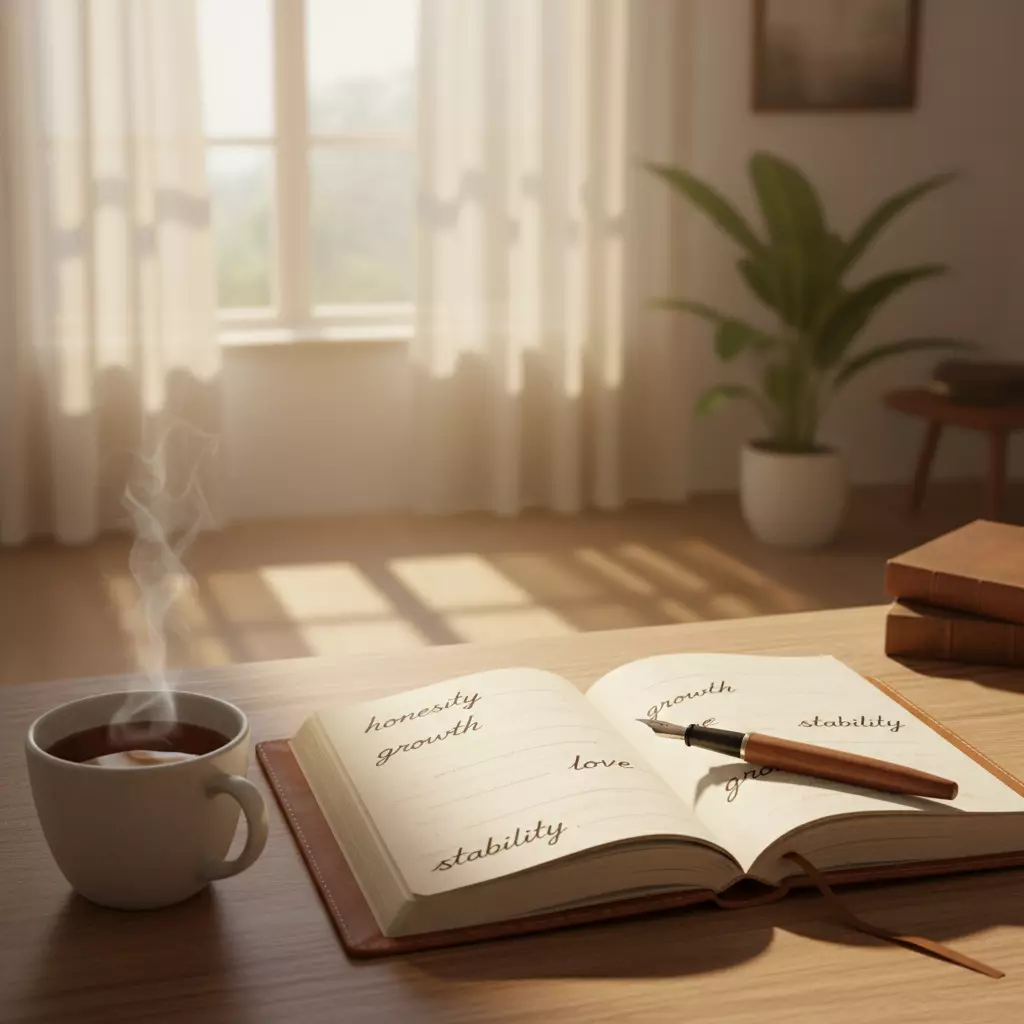
Closing Reflection
Readiness isn’t about being flawless, healed to perfection, or endlessly optimistic. It’s about having enough steadiness inside you to hold another person’s presence without losing yourself.
It’s about being able to say:
I know what matters to me. I know I have space to give. And I trust myself to choose wisely.
When you can answer yes to those truths — even softly, even imperfectly — you’re not just ready to date. You’re ready to love differently this time.
FAQ
Q1. How do I know if I’m truly ready to date again after a breakup?
You may be ready if you have emotional space for someone new, are no longer preoccupied with your ex, and can talk about the past without bitterness. A ready to date self-audit helps confirm if you have both the desire and the capacity for a healthy relationship.
Q2. What are green flags in myself that show I’m prepared to date?
Green flags include being comfortable with vulnerability, wanting a partner rather than a rescuer, and having the ability to communicate openly. These signs show you can not only start a relationship but also sustain it in healthy ways.
Q3. Why is checking my values important before dating again?
Values act as the foundation of a relationship. Knowing your own non-negotiables — like honesty, growth, or family — prevents you from confusing attraction with compatibility and helps you recognize alignment faster in new partners.
Q4. What if I want to date but still feel attached to my ex?
That usually means your emotional capacity isn’t ready yet. Research shows acceptance of the breakup and healthy coping strategies lower distress and open space for new love. Without that, dating may feel like a distraction rather than genuine connection.
Scientific Sources
-
Benjamin W. Hadden, Christopher R. Agnew, Kenneth Tan (2018): Commitment Readiness and Relationship Formation
Key Finding: Among people not currently in romantic relationships, higher commitment readiness predicted greater interest in starting one, actual initiation of romantic relationships over time, and higher commitment once relationships began.
Why Relevant: This directly speaks to the “capacity” side of the self-audit — not just wanting to date, but feeling psychologically ready, which influences stability and satisfaction in future relationships.
https://pubmed.ncbi.nlm.nih.gov/29637847/ -
Christopher R. Agnew et al. (2019): Readiness, Commitment, and Stability in Close Relationships
Key Finding: Readiness (feeling that the timing is right for a committed relationship) predicts maintenance behaviours such as self-disclosure, accommodation, and sacrifice, leading to higher commitment and lower likelihood of leaving the relationship.
Why Relevant: For someone doing a self-audit, this maps onto green flags — seeing yourself doing things like being open, willing to invest, to accommodate and communicate well are signs you’re not just wishing for love, but are growing into it in healthy ways.
https://www.researchgate.net/publication/331250607_It%27s_About_Time_Readiness_Commitment_and_Stability_in_Close_Relationships -
Paula Sbarra, Ashley Law, René Sandberg, et al. (2023): Attachment and Breakup Distress: The Mediating Role of Coping
Key Finding: Greater acceptance of the breakup, lower attachment anxiety, and adaptive coping strategies are associated with less lingering sadness and distress over time.
Why Relevant: Healing is foundational before readiness. If you still find yourself heavily preoccupied or rejecting acceptance, capacity is limited. Knowing where you are on those dimensions clarifies your readiness to date again.
https://www.ncbi.nlm.nih.gov/pmc/articles/PMC10727987/
- No Contact Healing: Powerful Habits That Make Breakup Recovery Stick
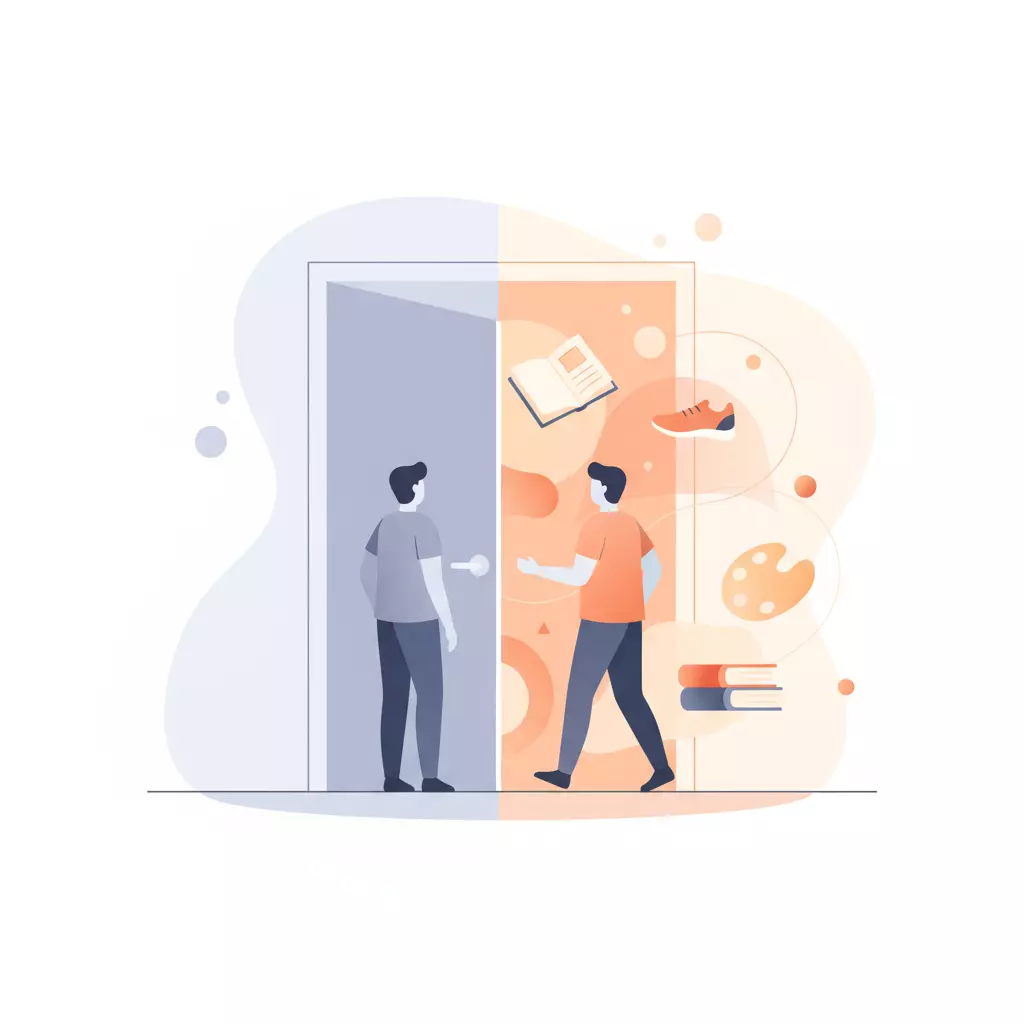
- Ready to Date Self-Audit: Powerful Green Flags & Values Check for Love
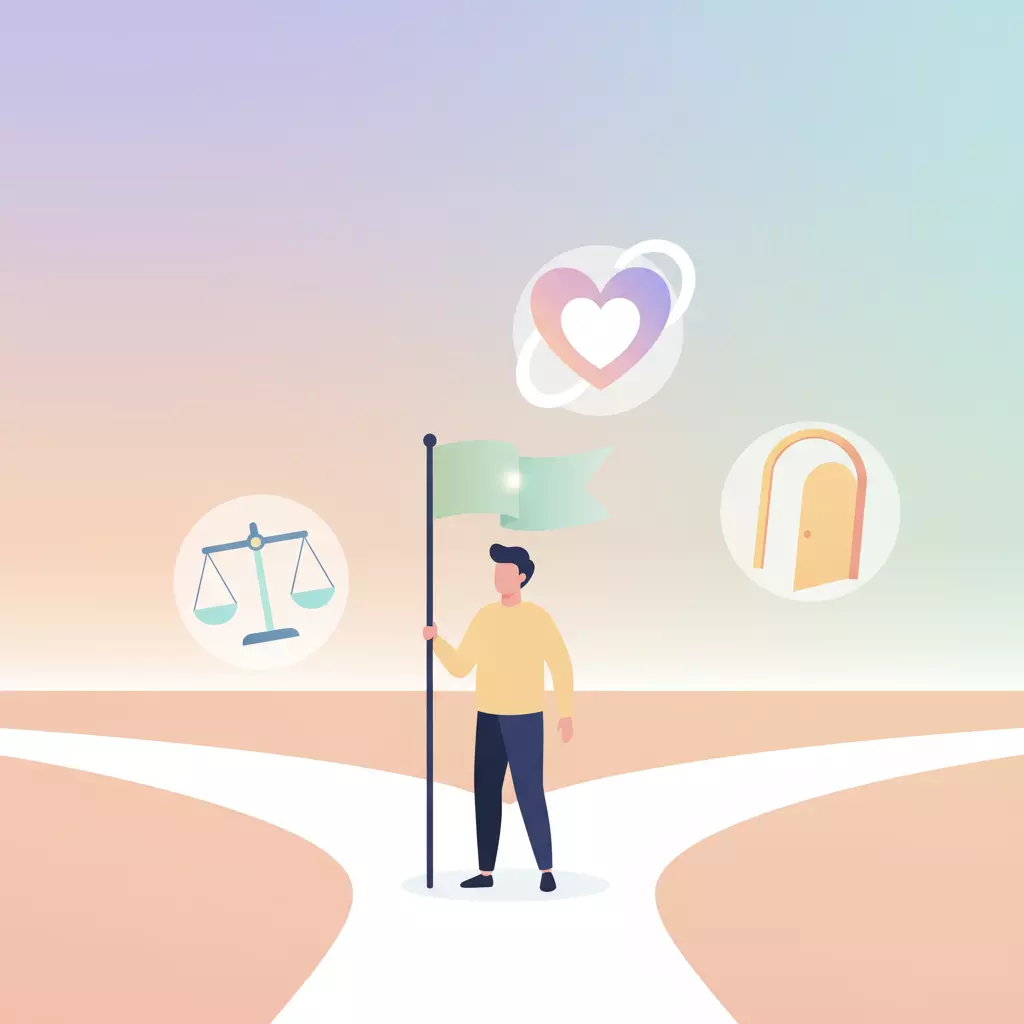
- Reintroducing Contact After No Contact: Powerful Signs, Timing & Likely Outcomes
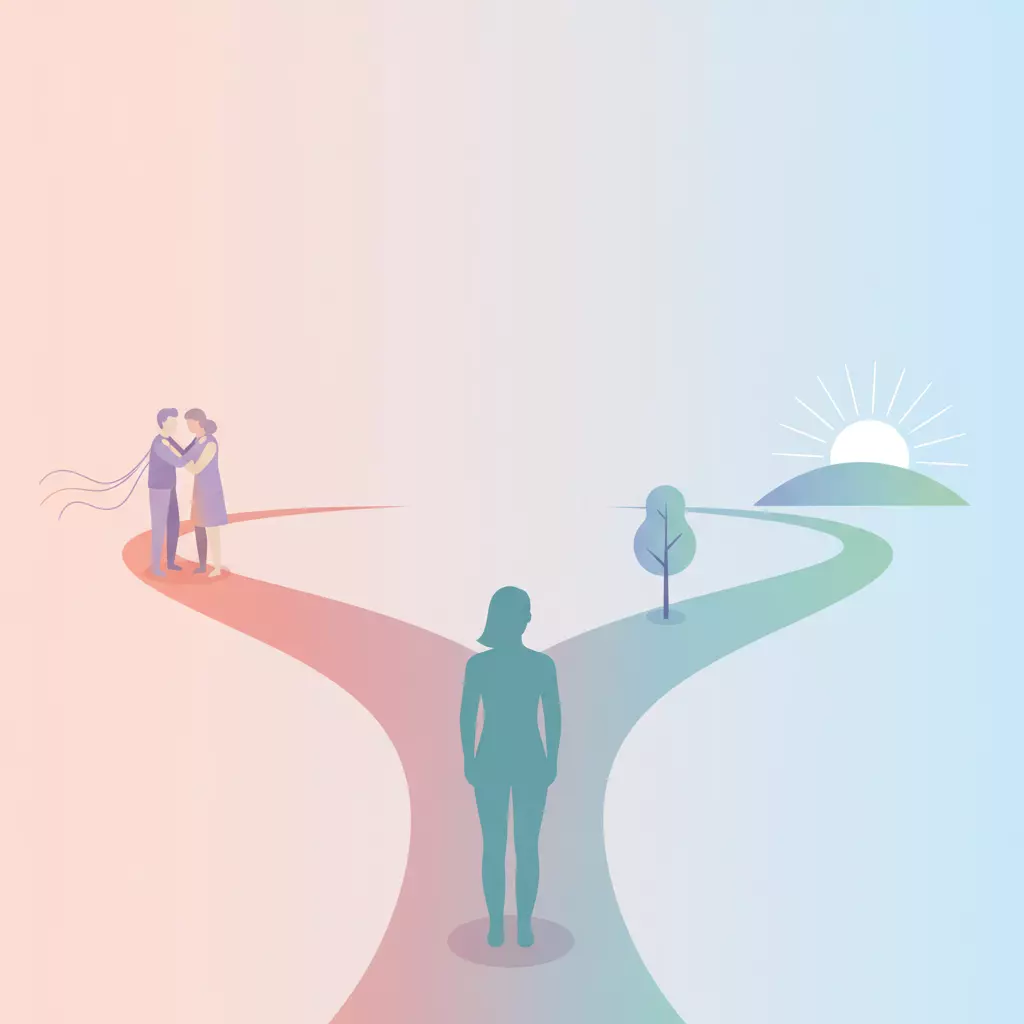
- Queer Folks Dating After a Breakup: Powerful Signs You’re Healing Without Losing Yourself
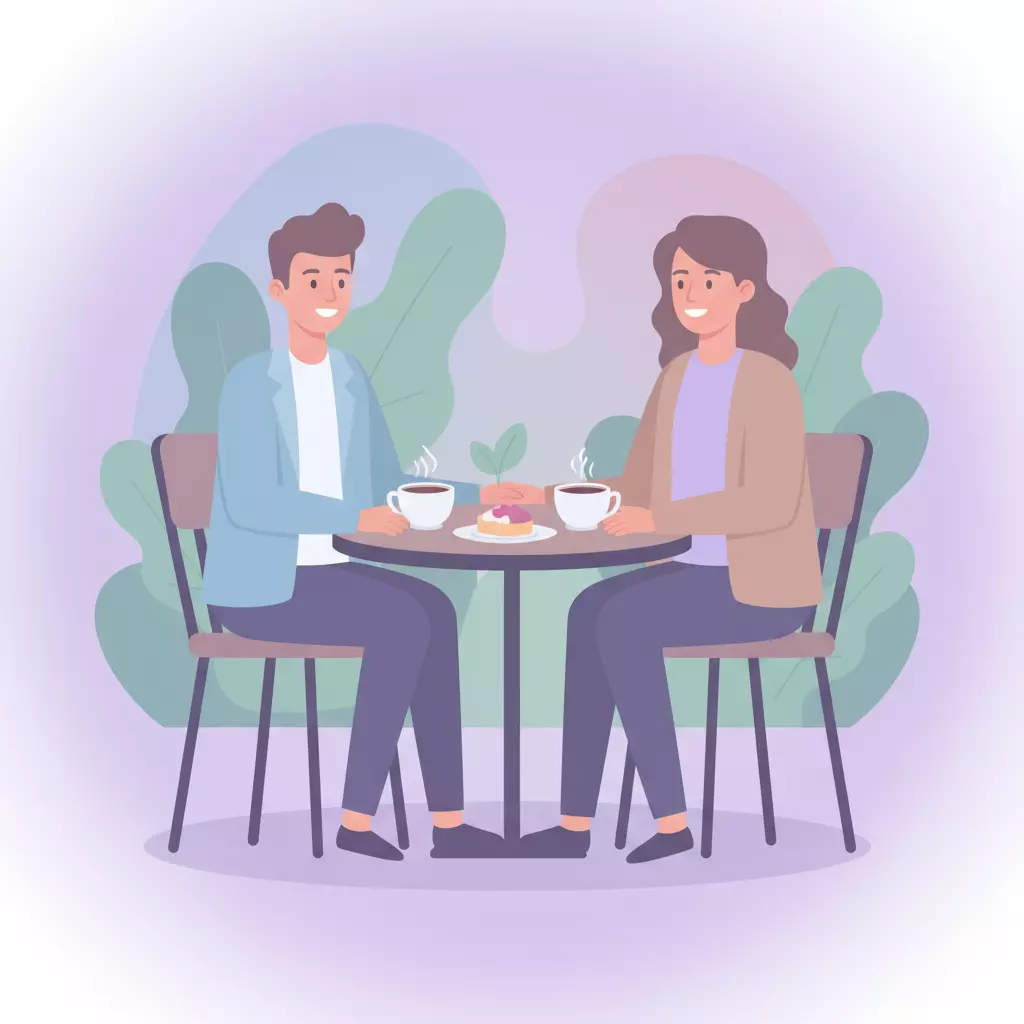
- Transgender Healing After Heartbreak: Powerful Signs of Safety, Care & Affirmation
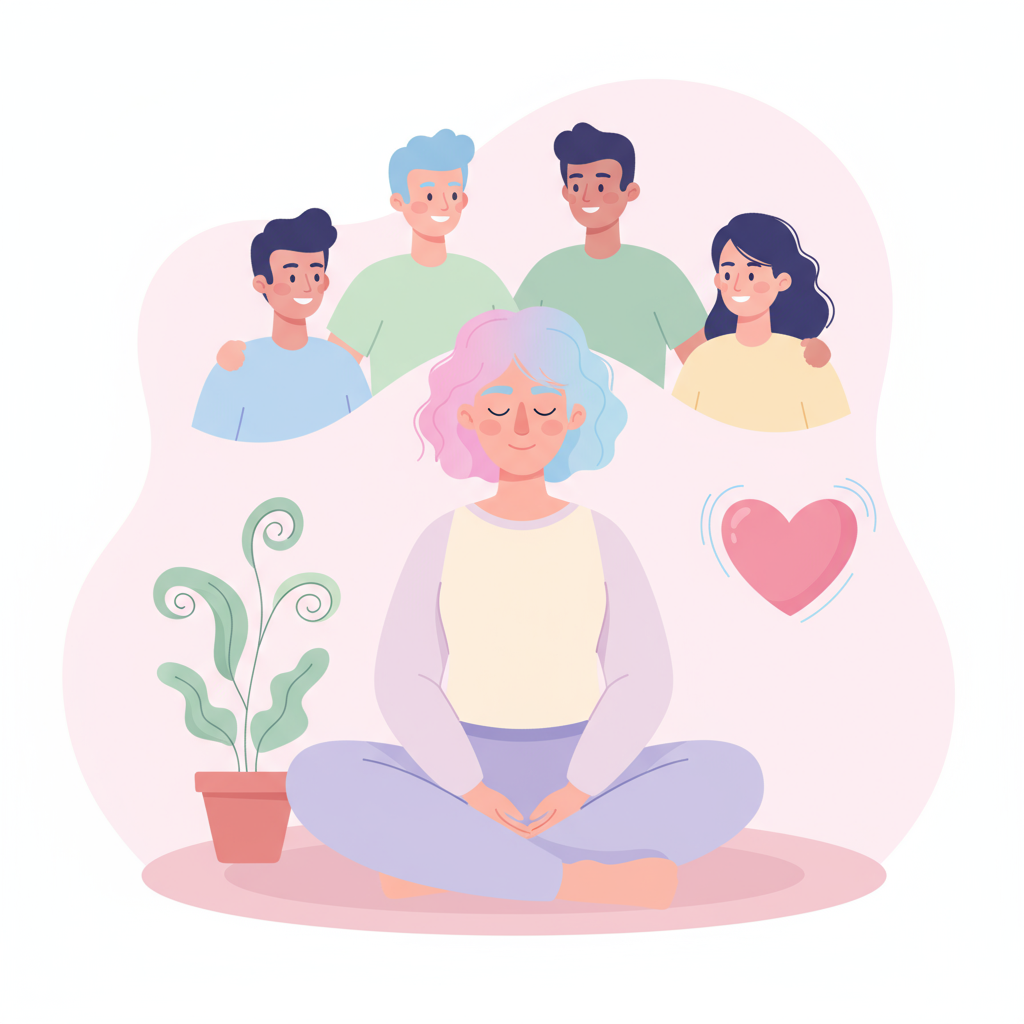
- Lesbian Breakup Boundaries: Positive Signs You’re Ready to Talk Again

- Gay Men: How to Reenter Shared Spaces After a Breakup Without Spiraling (Readiness Checklist)

- Women: 7 Empowering Signs No-Contact Is Working (and Youre Healing)

- Men: 10 Powerful No Contact Signs You’re Healing (Even If You Feel Nothing Yet)

Leave a Reply